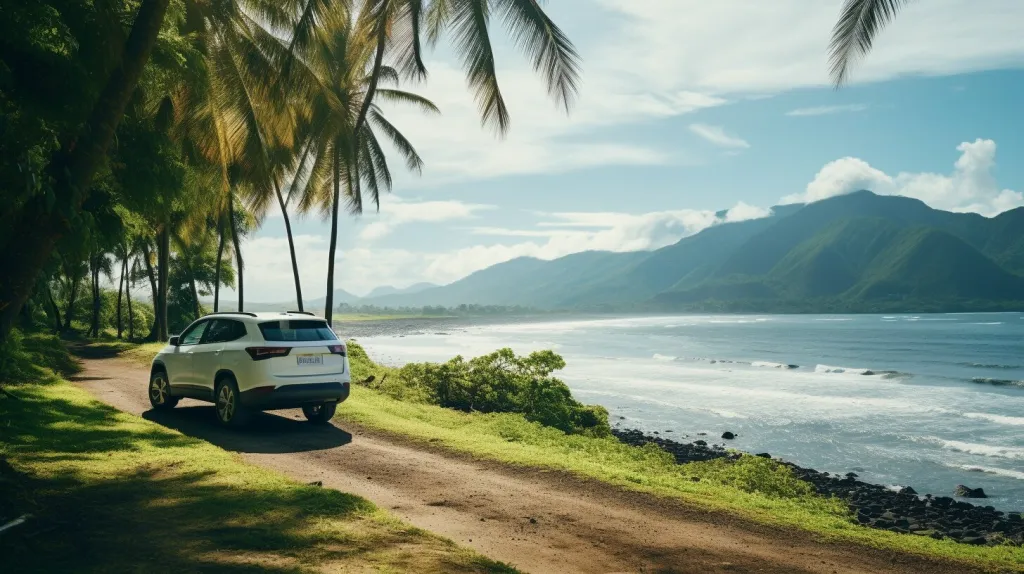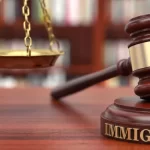The details of exonerating an automobile for future residents; Is it really worth it?
In 1992 Costa Rica abolished the exoneration of household goods and automobiles.
The good news that after 30 years there is a new law that takes the place of the old lone but it much more complicated (engorroso in Spanish). In reality, there are less headaches if the corresponding taxes are paid instead of taking advantage of this law due to a multitude of requirements and red tape listed (papeleo)below.
Let’s look at Ley 9996 (Law 9996), the exoneration of a vehicle:
Who can apply for an exoneration for an automobile?
A. Pensionado (those who receive an approved pension of at least $1000 per month), Rentista (income by depositing $50,000 in a Costa Rican bank for two years) or Inversionista (buying a property worth at least $150,000 that has been approved) and have the DIMEX card. The latter is residency and identification card.
If no Dimex card you cannot apply.
b. You must also have a Firma Digital or digital signature which is a much safer alternative to the regular signature you are used to (signing with your own hand). NOTE: As defined by the law in Costa Rica, digital signatures are equivalent to regular signatures, and they also have the same legal value. You can obtain it as soon as you have a Dimex card
c. The exoneration is per household
A spouse and any children over 18 under 25 years old must each give a sworn notarized statement that they will not seek exoneration on their own.
d. You need to present: clear title (título de propiedad) of the car and Bill of Lading (conocimiento de embarque) which is a legal document issued by a carrier (transportation company) to a shipper that details the type, quantity, and destination of the goods being carried.
e. You must obtain a password for Exonet from the Ministerio de Hacienda (Costa Rican Tax system)
f. You must apply for the exoneration through the Exonet system that manages tax exemptions.
The Ministerio de hacienda will take up to 2 Months to respond in the mean time your car must be deposited at customs.
You still have to pay the bonded warehouse fees, customs clearance fees, DEKRA IPN automobile inspection fees, Registration and Lawyer fees.
By requesting the exoneration you are committed to own the car for 10 years and only you and the family members of your household can drive the car.
The will put a Lien (gravamen) or on your car in the amount of the exonerated taxes. This is a legal right to ensure that the corresponding taxes are paid to the government.

You cannot:
Sell the car, unless you pay the import duties that were exonerated.
You can not let some one outside of your family drive the car. Penalties for this would be :You have to pay the duties plus interest over the unpaid duties and a fine.
If for any reason you change or renounce or cancel your residency status, You have to pay the duties plus interest over the unpaid duties and a fine. Even if immigration cancels your residency for any reason.
If you decide to leave costa Rica it means you are canceling your residency status, so you have to pay the duties plus interest over the unpaid duties and a fine so you can sell the car or ship it out of Costa Rica.
If you are of the few that stay the 10 years you committed yourself to, and decide to sell the car, then the duties you have to pay are 30% of the Value of the car on the day you imported it. This is a lot of duties because its probably more than what the car is worth after 10 years.
So lets analyze this:
What happens if you are like 80% of the expats that move to Costa Rica and move back in less than 10 years?
Well, it means that you pay more duties if compared to just having paid the duties with no exoneration at the beginning. Because now You have to pay the duties plus interest over the unpaid duties and a fine.
What happens if I stay more than 10 years . Well you have to pay duties (30% of value at time of import) and that is more than what the car is worth.
In the past there was a similar LAW in Costa Rica that I allude to at the beginning of this article, the difference at that time was that you were committed to only 5 years instead of the 10 years, now. Even so, a lot of people that had to move back for one reason or another, ended up abandoning their cars instead of paying the corresponding taxes.
Bottom line:
There is no such thing as a free lunch in Costa Rica



